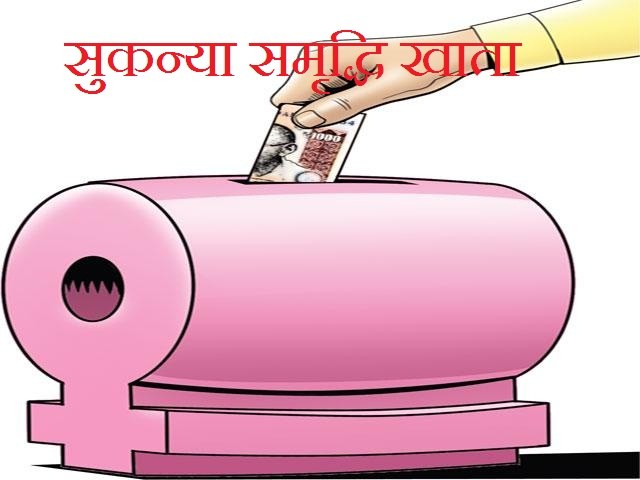For the majority of Indians, house loans are an indispensable means of accomplishing their ambition of having a home. However, given the large loan amounts and more extended payback terms, it is critical to have a solid financial strategy and prevent mistakes when applying for a property purchase loan.
Borrowing without adequate research can be detrimental to your financial well-being and may result in your loan application being rejected. Mentioned below are some of the mistakes that loan applicants must avoid while applying for a loan.
Mistakes Home Loan Applicants Should Avoid
Let’s take a look at a few of the pitfalls you should avoid while applying for a house loan:
- Low Down Payment
One popular misconception among borrowers is that the bank covers/pays the entire loan amount required to purchase a home. This results in the borrower arranging a lower down payment when applying for a property purchase loan.
It is critical to note that banks often offer 70-90 per cent of the property value, with the remainder being your responsibility. Furthermore, the ultimate share is determined by the bank after assessing the credit risk of the borrower. The applicant must contribute the remaining sum from his own funds. Failure to do so may result in the rejection of your loan application.
- Overestimating Repayment Capacity
One major mistake committed by borrowers is overestimating their ability to repay the significant loan amount. They sometimes overlook their monthly expenditure while calculating their repayment capacity. However, it is essential to note that banks examine your present and prospective financial liabilities before extending loans. Applying for a home loan with substantial obligations is a recipe for financial distress.
Lenders consider you a risky proposition if your monthly expenses are high, but you choose an expensive house with a home loan EMI that surpasses 50% of your monthly income. It is critical not to rely on prospective increases in your income before applying for a large loan. Consider your current financial situation when applying for a loan. Otherwise, you risk application denial.
- Lack of Proper Research
Borrowers often get tempted by the lucrative home loan offers displayed in the media. As a result, they sometimes go with the first lender who offers them a loan. This is a blunder. Property purchase loans are long-term investment that necessitates careful financial planning.
Borrowers should double-check their requirements and budget accordingly. They should also look into different factors like interest rates, flexible repayment options, hidden costs, processing fees, LTV, and other terms and conditions, among other things offered by various lenders. Finally, they must check and compare the offers by multiple lenders online before making a final decision.
Additionally, lenders have launched schemes for salaried individuals. All you need to do while applying is provide the home loan documents required for a salaried person.
- Not Checking Your Credit Score
A credit score is an essential factor in determining a borrower’s creditworthiness. Unfortunately, the majority of applicants are not aware of their credit scores. A low credit score is a critical factor for loan approval and is one of the main reasons for rejection. Applicants with a credit score of 750 and above are regarded as creditworthy and have a better probability of loan approval. As a result, it is critical to monitor your credit score periodically and, if necessary, take corrective measures to enhance it before applying for a property purchase loan.
Purchasing a home is a goal for all of us. However, we were incredibly disappointed when our loan application was denied due to ineligibility. However, this is not the time to be discouraged. Instead, take adequate measures and avoid the pitfalls listed above to ensure a successful loan approval.





